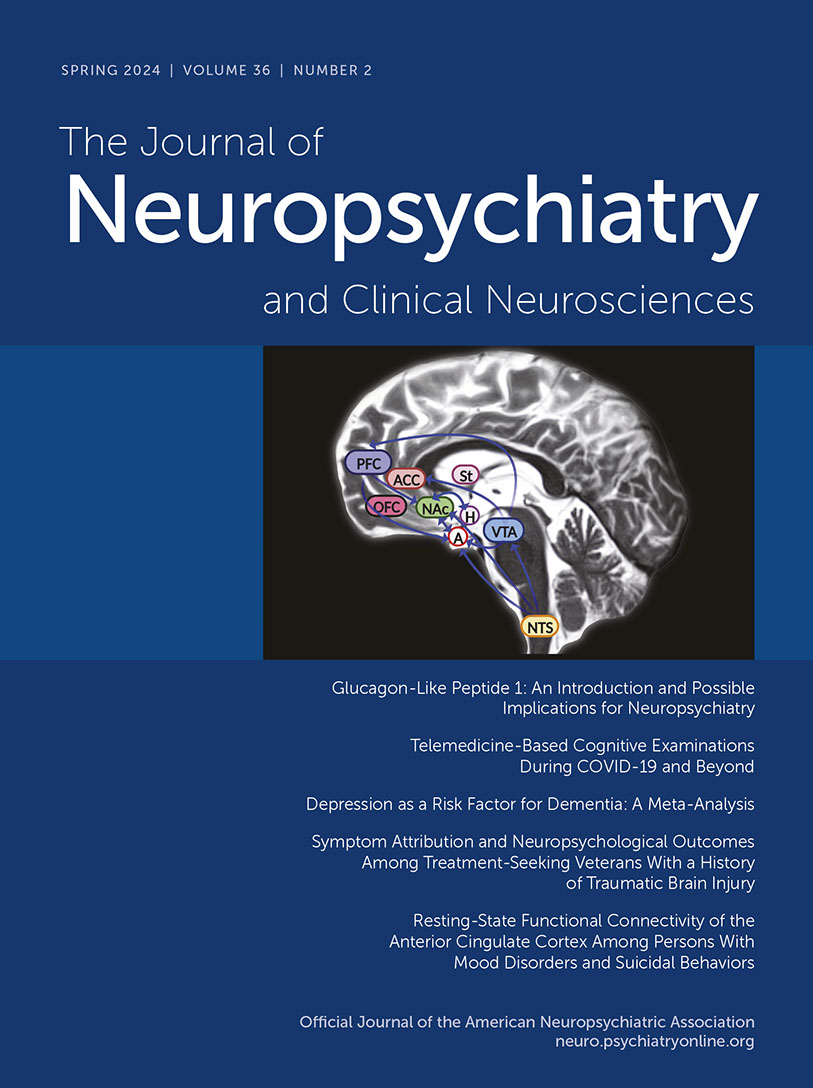Longitudinal Influence of Prescribed Antidepressants on Fecal and Oral Microbiomes Among Veterans With Major Depressive Disorder
Abstract
Objective:
The purpose of this study was to evaluate the influence of a new course of antidepressant monotherapy on gut and oral microbiomes and the relationship to depressive symptoms.
Methods:
Longitudinal microbiome samples obtained from 10 U.S. veterans were analyzed. Baseline samples were taken before a new course of antidepressant monotherapy (either switching from a previous treatment or starting a new treatment). Targeted genomic sequencing of the microbiome samples was used to analyze changes in taxonomy and diversity across participants, medications, and medication class. Associations between these changes and Patient Health Questionnaire–9 (PHQ-9) scores were analyzed.
Results:
Taxonomic variability was observed across participants, with the individual being the main microbial community driver. In terms of the fecal microbiome, antidepressants were associated with shifts toward Bacteroides being less abundant and Blautia, Pseudomonas, or Faecalibacterium being more abundant. Likewise, the composition of the oral microbiome was variable, with individual participants being the primary drivers of community composition. In the oral samples, the relative abundance of Haemophilus decreased after antidepressants were started. Increases in Blautia and decreases in Bacteroides were associated with lower PHQ-9 scores.
Conclusions:
Antidepressants were found to influence fecal and oral microbiomes such that a new course of antidepressant monotherapy was associated with taxonomic alterations toward healthier states in both fecal and oral microbiomes, which were associated with decreases in depressive symptoms. Additional longitudinal research is required to increase understanding of microbiomes and symptom-based changes, with a particular focus on potential differences between medication classes and underlying mechanisms.
Access content
To read the fulltext, please use one of the options below to sign in or purchase access.- Personal login
- Institutional Login
- Sign in via OpenAthens
- Register for access
-
Please login/register if you wish to pair your device and check access availability.
Not a subscriber?
PsychiatryOnline subscription options offer access to the DSM-5 library, books, journals, CME, and patient resources. This all-in-one virtual library provides psychiatrists and mental health professionals with key resources for diagnosis, treatment, research, and professional development.
Need more help? PsychiatryOnline Customer Service may be reached by emailing [email protected] or by calling 800-368-5777 (in the U.S.) or 703-907-7322 (outside the U.S.).



